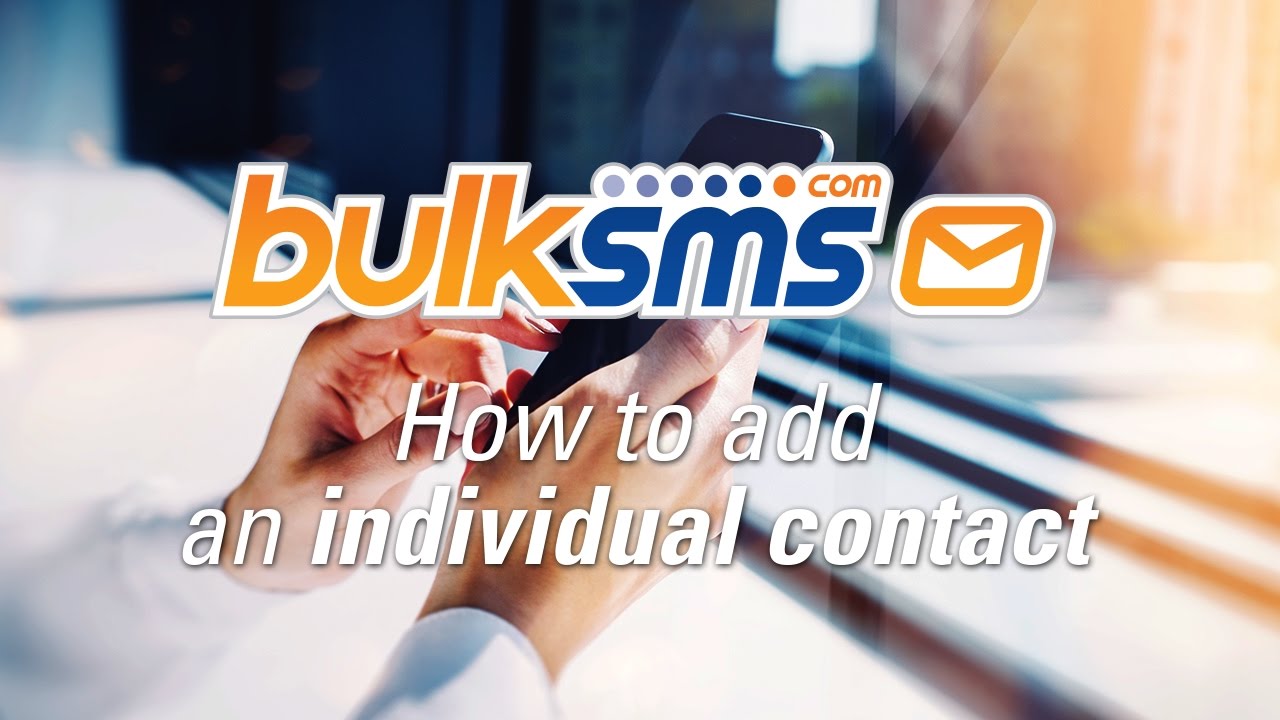In today’s fast-paced world, communication is key, especially sms api for businesses looking to connect with their customers efficiently. One technology that has revolutionized this aspect is the SMS gateway. SMS gateways act as bridges between mobile networks and the internet, enabling businesses to send and receive SMS messages through their applications, websites, or systems. This article explores the importance, functionality, and benefits of SMS gateways in enhancing communication and engagement between businesses and customers.
What is an SMS Gateway?
An SMS gateway is a technology that allows businesses to send and receive SMS messages to and from mobile devices. It acts as a mediator between mobile networks and the internet, converting messages from one format to another. SMS gateways can be used for various purposes, including marketing campaigns, customer service, notifications, and alerts.
How Does an SMS Gateway Work?
The functionality of an SMS gateway can vary depending on the provider and the technology used. However, the basic process involves the following steps:
- Message Submission: Businesses submit their messages to the SMS gateway through an API (Application Programming Interface) or web interface.
- Message Routing: The SMS gateway routes the message to the appropriate mobile network based on the recipient’s phone number.
- Message Delivery: The message is delivered to the recipient’s mobile device through the mobile network.
- Delivery Report: The SMS gateway sends a delivery report back to the business, confirming the successful delivery of the message.
Benefits of Using an SMS Gateway
- Instant Communication: SMS gateways enable businesses to communicate with their customers instantly, making it ideal for time-sensitive messages such as promotions, alerts, and notifications.
- Cost-Effective: Compared to traditional communication methods like phone calls, SMS messages are more cost-effective, making SMS gateways an affordable option for businesses of all sizes.
- Wide Reach: SMS messages can reach a wide audience, as almost every mobile phone is capable of receiving SMS messages, ensuring that your message reaches its intended recipients.
- Automation: SMS gateways can be integrated with business systems to automate the sending of messages, saving time and effort for businesses.
- Customer Engagement: SMS messages have a higher open rate compared to emails, making them an effective tool for engaging with customers and building brand loyalty.
Use Cases of SMS Gateways
- Marketing Campaigns: Businesses can use SMS gateways to send promotional messages, discount offers, and coupons to customers, increasing sales and customer engagement.
- Appointment Reminders: Service-based businesses such as healthcare providers, salons, and spas can use SMS gateways to send appointment reminders to customers, reducing no-shows and improving efficiency.
- Two-Factor Authentication: SMS gateways can be used to send one-time passwords (OTPs) for two-factor authentication, ensuring secure access to online accounts and services.
- Emergency Alerts: Governments and organizations can use SMS gateways to send emergency alerts and notifications to citizens and employees, ensuring timely information dissemination.
Conclusion
SMS gateways play a crucial role in modern business communication, enabling businesses to connect with their customers effectively and efficiently. By leveraging the benefits of SMS gateways, businesses can enhance customer engagement, improve communication, and drive business growth.
